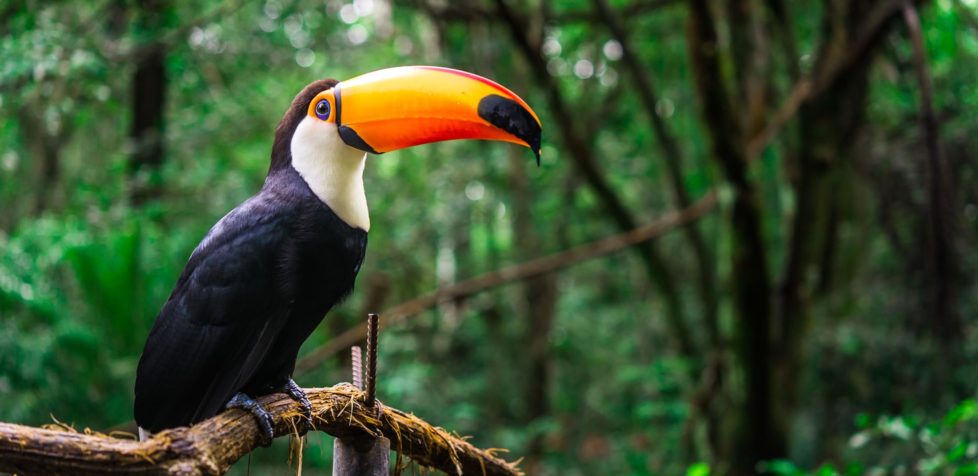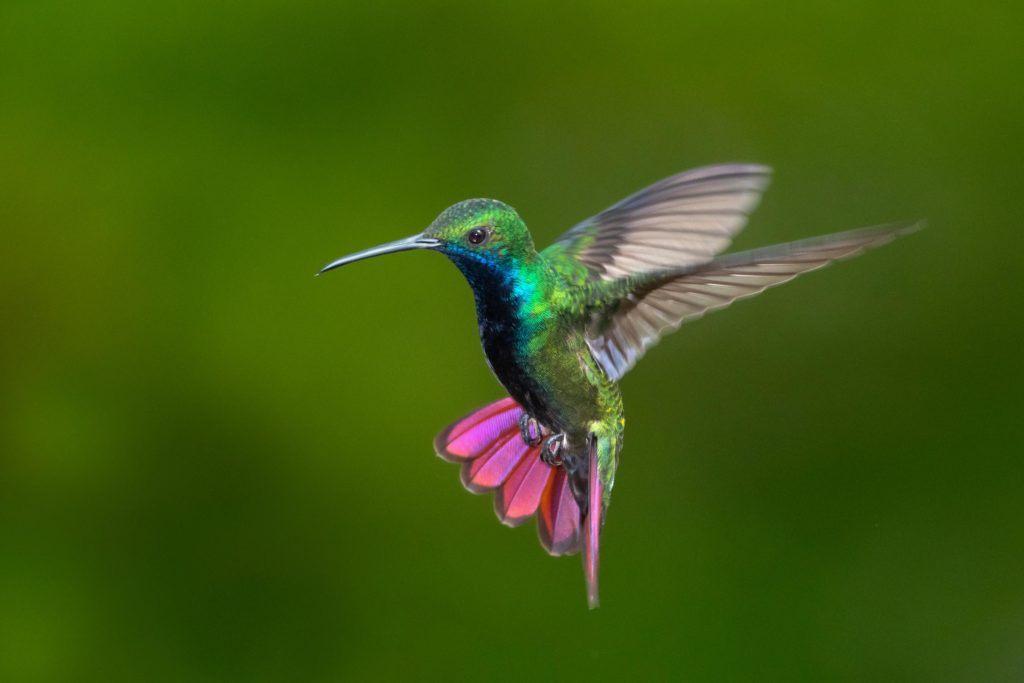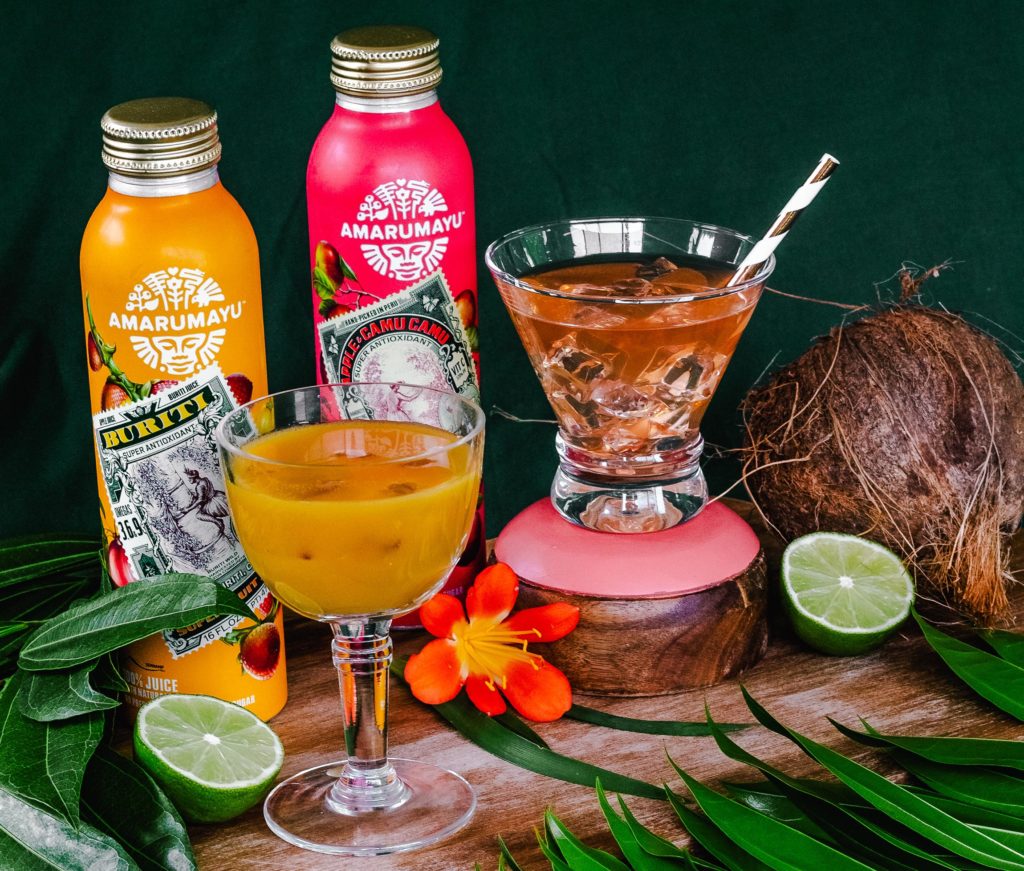Can the Juice You Drink Affect the Birds in the Rainforest? Yes, It Can!

Ever hear of the “Butterfly Effect”?
It’s the idea that one small action can have tremendous reverberations down the line. Initially conceived by a mathematician and meteorologist, the idea was that you can trace a powerful storm to the influence of a butterfly flapping its wings only a few weeks earlier.
It’s time to think about our own “butterfly effect.” Specifically, about the things we consume. You might not realize it, but while you’re here consuming great-tasting juices made from superfruits from the Amazon, it can affect birds and wildlife that live there.
Why Birds in the Amazon Matter
We probably don’t have to tell you that preserving our delicate harmony with nature is a good idea. But why focus on birds in the Amazon? Here at AMARUMAYU, we know that the source of our superfruits is one of the most powerful ecosystems on the planet. And birds are some of the most prominent citizens of that ecosystem. Consider:
- According to the World Wildlife Fund, there are about 3,800 species of bird in the Amazon. In one small, 5,500-hectare section of the Amazon, researchers found 575 species alone.
- The American Museum of Natural History reports there are about 10,000 bird species in total worldwide, making the Amazon home to about one-third of the world’s bird types.
- Many species rely on the presence of fruits and ample tree life to provide the energy needed to remain in the Amazon.
- Of all the species affected by tree loss through deforestation, native birds can suffer the most direct consequences. Without trees, they lose both homes and food sources.

Consider the role of hummingbirds, which are common in the Amazon. According to the WWF, widespread availability of nectar and fruit in the Amazon makes it “possible for several bird groups to focus exclusively on one or both foods.” In other words, there is enough food to go around in the Amazon—but only if it stays that way.
If you weren’t buying your fruit juice from a sustainable company, it would be possible that every glass of Amazonian fruit juice you consumed was one less fruit that a bird could enjoy. This would be more than a butterfly effect. It would be a component of a potential ecological disaster in the Amazon.

How to Ensure the Juice You Drink Supports Wildlife
It doesn’t have to be a zero-sum game. One glass of fruit juice doesn’t have to come out of the beak of a large bird species that would have preferred to eat that fruit. But if you want to have a positive impact on the environment, it helps to know how to do it.
- Avoid consuming fruit from felled trees. Cutting down trees equals deforestation, which in turn leads to the direct loss of habitat and food sources for tropical bird species. At AMARUMAYU, for example, we make sure that our superfruits come from sustainable sources within the Amazon.
- Find sustainable companies. Companies that don’t place an emphasis on sustainability can often do damage to local wildlife even if it’s only indirectly. Remember: you don’t have to try to do damage to wildlife to have an impact. That’s why it’s so important to seek out a company that demonstrates its willingness to retrieve tropical fruits sustainably.
At AMARUMAYU, we work with the indigenous communities within the Amazon to ensure our superfruits, such as Camu Camu and Buriti, come from sources that don’t contribute to Amazonian deforestation. This, in turn, helps keep you happy—with great-tasting fruit juice on the table—and Amazonian birds happy – as their food sources and homes aren’t destroyed.
Want to learn more? Check out our video on the Birds of the Amazon on our Youtube channel!
